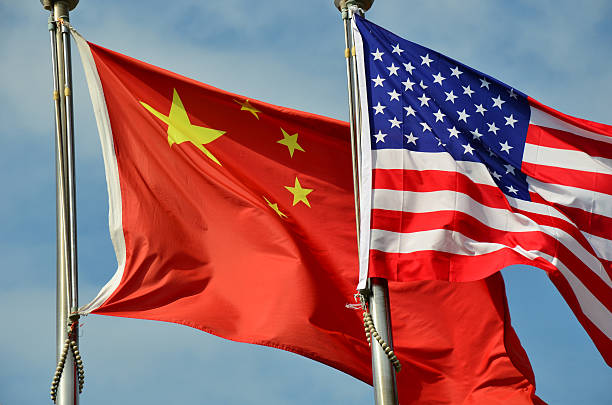
Our age is an age of information and digital gateways. The cyber security in our times holds the key to global economic and political domination since the globalisation united the world with the rise of the internet. A country with a weak cyber security or compromised systems can be accessed by hostile actors or more commonly known as can be “gothacked” to leak sensitive information. To avoid such vulnerabilities a country must have necessary precautions and should have solid partnerships in general.
Recently, the 34-page report claimed that the Chinese hackers, who had state support, had gained access to the Microsoft Exchange Online accounts of 22 organisations and over 500 individuals worldwide, including Nicholas Burns, the United States (U.S.) ambassador to China. The hackers were able to access some cloud-based email boxes for a minimum of six weeks and downloaded about 60,000 emails from the U.S. State Department alone. Among those affected were four foreign government agencies, the National Cyber Security Centre of Britain, and three research think tank organisations as well.[1] Events like these points towards that the current warfare between states shifts to cyberspace.
Furthermore, this incident with the Microsoft and the Chinese hackers should be a wakeup call for the U.S. to understand their cyber security is not as strong as they thought. U.S. and their companies are tech giants around the globe, with their interconnectedness of cyber security and national security. The sensitive information leaks such as these can undermine the political stability around the world and could have further geopolitical implications around the globe, especially between the superpowers such as U.S. and China could have more devastating result. This event should have a pivotal moment for the U.S. since the evolving nature of cyber warfare will determine how countries and companies will approach to cyber securities, specifically against cyber espionage.
Since the hack, U.S. government put out a report and deemed Microsoft guilty due to a “cascade of errors”. The incident was also considered to be avoidable and preventable by the Cyber Safety Review Board (CSRB). Further implications of this incident point to the corporate effects over the diplomatic world since Chinese hackers used Microsoft’s vulnerability to access U.S. officials’ communications and documents that threatens the national security of the U.S. directly. An event like this could easily signal a Cyber–Cold War between the superpowers of the globe and create further conflict between them which would eventually change how the digital world exists. Evidence is already here with Microsoft warns U.S. that their corporate emails and communications are being hacked or attempted to get hacked by Russian backed hackers.[2]
Moreover, a state dependency on corporate cyber security could have more severe results on any country not just the hacks on communications and emails but what if a cyber-attack would crimple a nation’s military logistics or even their fundamental classified information? Now to avoid such events countries should realise the digital world’s direct effects on the real world as soon as possible. Countries and corporations should have more direct cooperations and transparency with each other especially with the tech giants such Microsoft since they are so integrated with their digital systems. Ensuring a more collaborative relationship linking states and corporations to abstain from such crises there should be necessary steps, or countries might face even deeper issues in the future. China and Russia’s attempts shows that their investments and efforts shift toward the digital world and their focus on the cyber warfare strongly signal a new battleground. If U.S. and its allies wants to keep up the balance of powers, they need to show a same level of commitment on this as their rivals and not just with technology, there should be efforts to coordinate to ensure cooperations also can have a part in it.
In conclusion, Chinese hack on Microsoft to leak the data of U.S. officials only happened because of the Microsoft’s inability to protect and maintain transparency. However, interdependency and interconnectedness between the U.S. and the Microsoft also points to the larger problem of cracks on their system. This incident fundamentally signals an urgent need for the enhancement of global cyber security cooperation and transparency especially between states and cooperations. Need to establish robust cyber security and increased measures against such conflicts should be a priority especially in the 21st Century or the protection of national security and the maintenance of international peace and stability could be in severe danger.
By The European Institute for International Relations
[1] https://www.theguardian.com/technology/2024/apr/03/microsoft-errors-security-chinese-hack
[2] https://www.foxbusiness.com/technology/microsoft-russian-state-sponsored-hackers-broke-into-some-company-emails















